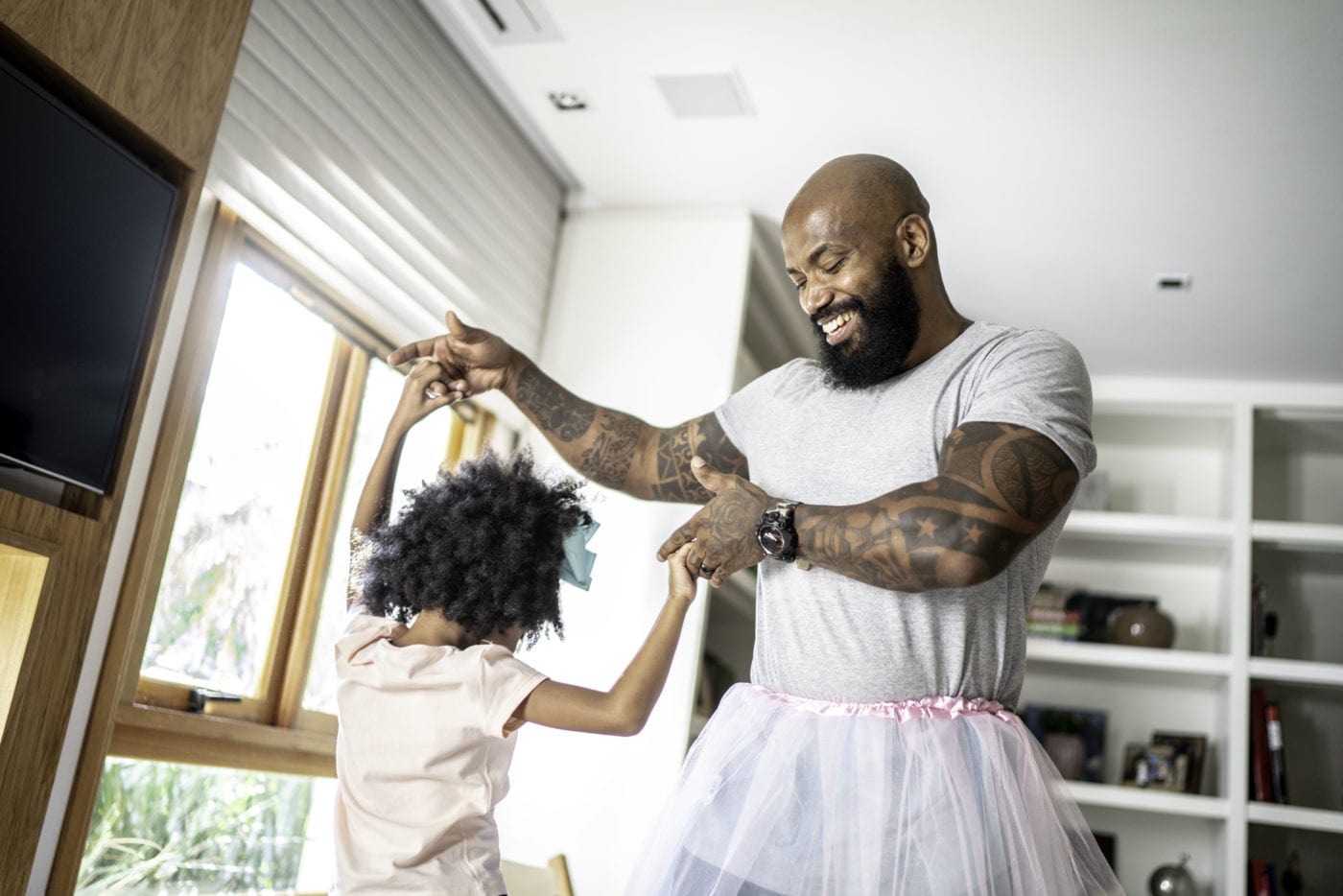I sat on my son’s bed, frustrated. My wife asked me to read with him. He was young, and reading was a struggle. We would go back and forth; I’d read a page and then he would. He couldn’t even get through one page without yawning. His reading was slow, and it looked like he would fall asleep at any moment. A minute before, he’d been bouncing off the walls and now, no energy. I kept thinking, “He’s so lazy.” Later, I told my wife why I was so irritated. She disagreed with me and thought he needed to have his vision tested.
Turns out my son had binocular vision disorder. It’s similar to dyslexia. The specialist said it was making his brain work infinitely harder. That’s why he would get so tired. My frustration was replaced with empathy. I couldn’t believe how much I had judged him. If it hadn’t been for my wife’s insight and help, I never would have seen it. As dads, it can be hard to admit we need help. But the reality is we do. When we get help from the people around us, especially the ones who love our kids, we become better dads. Here are 5 areas where dads need help.
1. Details
Raising kids means managing tons of details and constantly switching from one activity and focus to another. Managing it all is overwhelming for one person. Then there’s the theory that women are better multitaskers than men. Several studies have supported the idea, while others are inconclusive. (Sidebar: It’s true of me. I’m terrible at multitasking and managing details.) Either way, the studies are conclusive that when we handle multiple things at once, we slow down and make errors. We need help managing all of it, and that’s OK. Work with your wife or the child’s mother on this. If she does it well, share your appreciation for all she does to help.
2. Communicating
One of the differences between men and women that has been consistently observed is that women rank higher in verbal abilities. According to Harvard Business Review, “women reliably outperform men in certain verbal abilities such as remembering a list of words or other verbal content.” This makes them better communicators, typically. Our kids need to hear from us, and we need to hear from them. It’s OK to have people (often the child’s mother) who can help us formulate what needs to be said and reveal what we’ve missed. Don’t be defensive. They are an asset, not an enemy.
3. Maintaining Consistency
Being a dad can feel like chaos, and we can become inconsistent quickly, simply reacting erratically to the rising issues. Kids need consistency from us in our words and actions. Proverbs 27:17 says, “As iron sharpens iron, so one person sharpens another.” We need people in our lives to help remind us and hold us accountable to follow through on our promises and maintain proper boundaries. When your wife, the child’s mother, a family member, or friend challenges you to be more consistent, be grateful. They are helping create a better environment so your kids can thrive.
4. Emotional Expression and Nurturing
Men have made a lot of progress in this area, but if you’re like me, you have a ways to go. Expressing and discussing our emotions is typically uncomfortable. Women tend to do it better. They also tend to nurture better as well. These are great skills for us to work on as dads. It leads to greater connection with our kids.
5. Having Wisdom
Wisdom and insight typically come from experience, not only ours but others’. The people around us give a broader perspective and understanding, just as my wife did with our son’s reading issues. Be humble by being open to discernment and intuition other than your own. They might see things or have information you don’t. None of us is all knowing. Remember Proverbs 11:2. It says, “When pride comes, then comes disgrace, but with humility comes wisdom.” Your kids need your wisdom, and we need to do whatever we can to expand it.
Sound off: Are there other areas of help we all need?
Check out this episode of the All Pro Dad podcast as the team talks about people dads need to be great!











Huddle up with your kids and ask, “What is one way you think I could improve as a dad?”